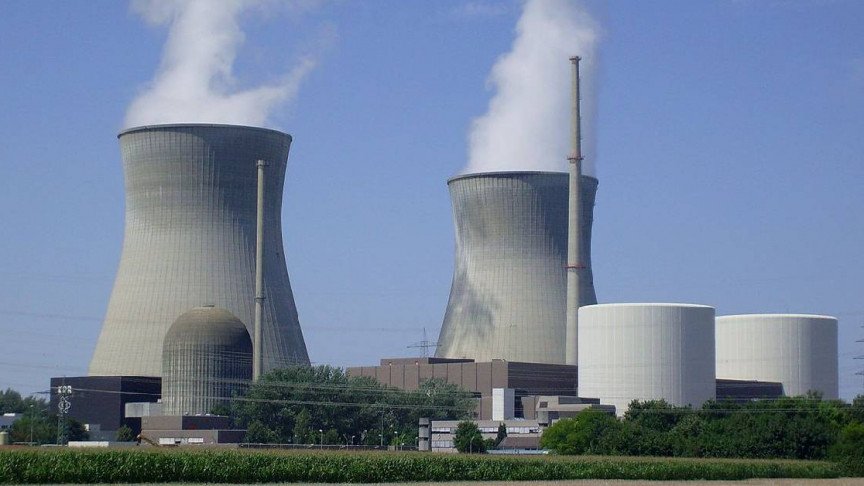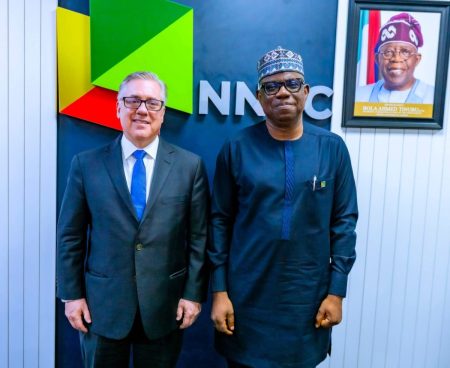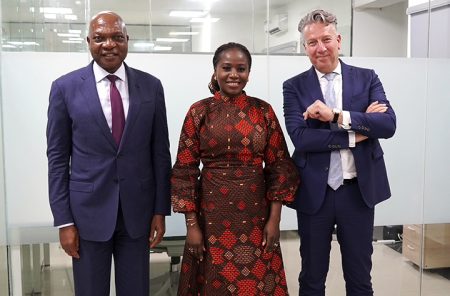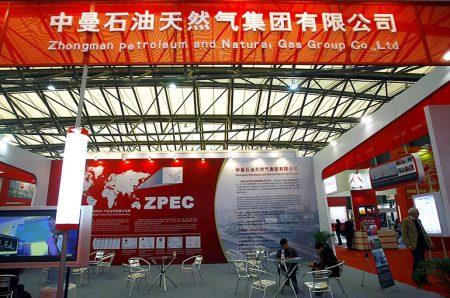
Johannesburg — South Africa’s energy regulator on Thursday backed a long-term government plan to build new nuclear power units, a move that could help to shift the country away from coal and into less carbon-intensive means of generating electricity.
Africa’s most industrialised economy has the continent’s only operating nuclear plant, a 1,900 megawatt (MW) facility outside Cape Town that was built under apartheid.
Nuclear is dwarfed by coal, which produces more than 80% of South Africa’s power, making it the continent’s biggest greenhouse gas emitter. Coal-fired capacity was 37,000 MW last year, whereas utility-scale solar and wind, which like nuclear don’t pump CO2 into the air, stood at more than 4,000 MW.
The government has talked about adding more nuclear reactors for years, but analysts are sceptical they will be built given the high cost involved.
In 2018, the government abandoned a massive 9,600 MW nuclear expansion project championed by former president Jacob Zuma that was tainted by corruption allegations, but a year later it resuscitated the project on a smaller scale.
Energy minister Gwede Mantashe wrote to regulator Nersa in August last year stating the government’s intention to procure 2,500 MW of new nuclear capacity to come online after 2030.
On Thursday, Nersa gave its “concurrence”, or support, for that plan. Its reasons will be published later.
Nhlanhla Gumede, a senior Nersa official primarily responsible for electricity regulation, told Reuters regulatory members had considered whether the proposed nuclear procurement was in line with the Electricity Regulation Act and published government policy.
Among conditions for the concurrence, Nersa’s electricity subcommittee said last week that the procurement should be at a pace and scale that the country could afford and the tender process should be transparent and competitive.
Local energy expert Chris Yelland said important steps such as National Treasury approval were outstanding and he did not expect the government to request bids from nuclear vendors imminently.
“I would say the chances of the new plant being built are pretty small, because of the cost, the construction time and the legal challenges that will happen,” he said.
Civil society groups blocked the Zuma-era nuclear project in the courts and are also opposed to the latest plan, seeing it as a costly option when public finances are hugely stretched by the coronavirus crisis.
- Reuters (Editing by Tim Cocks and Barbara Lewis)
- Follow us on twitter



